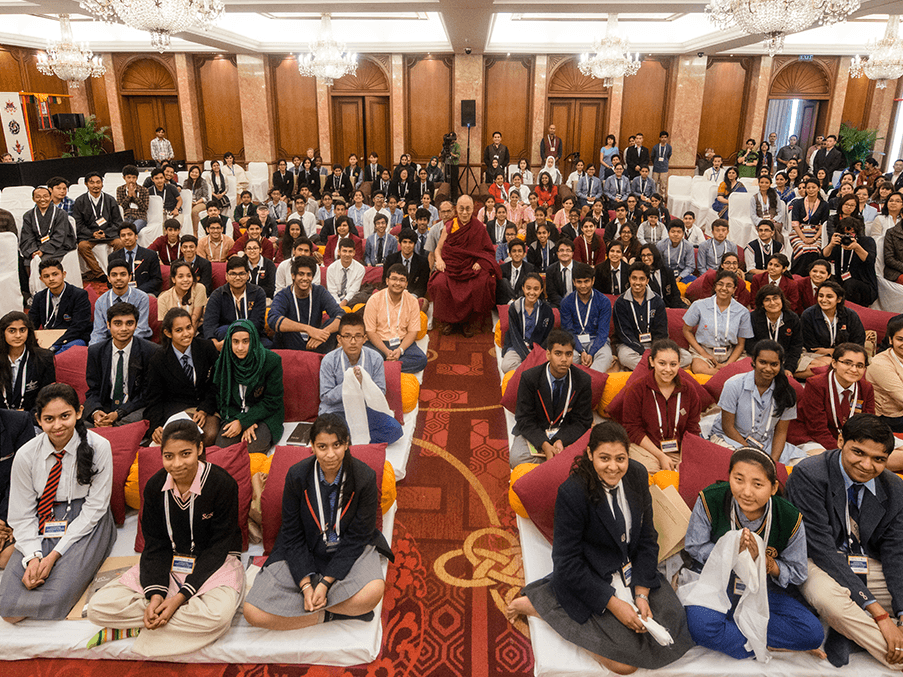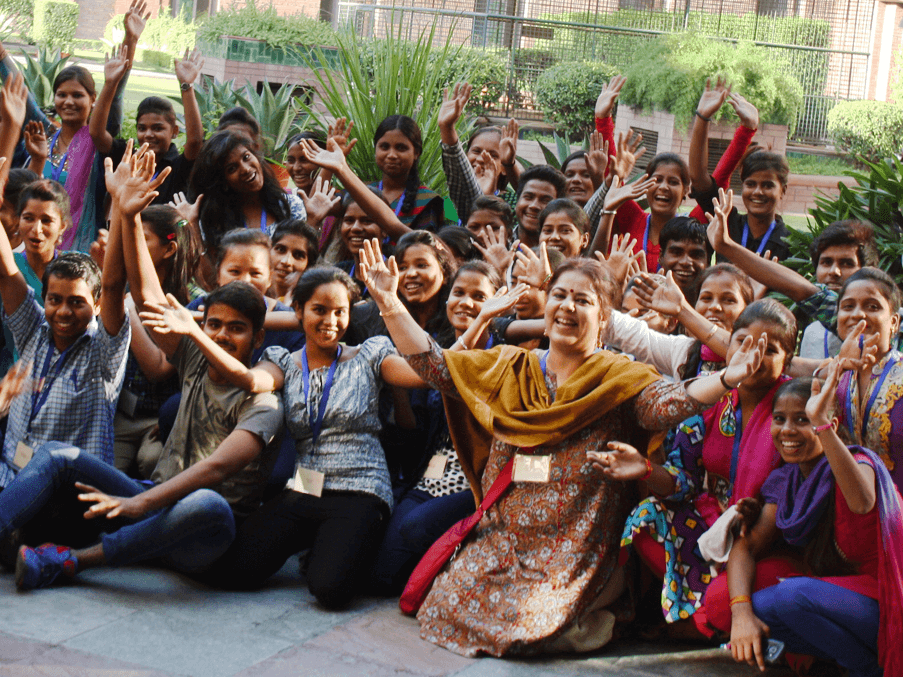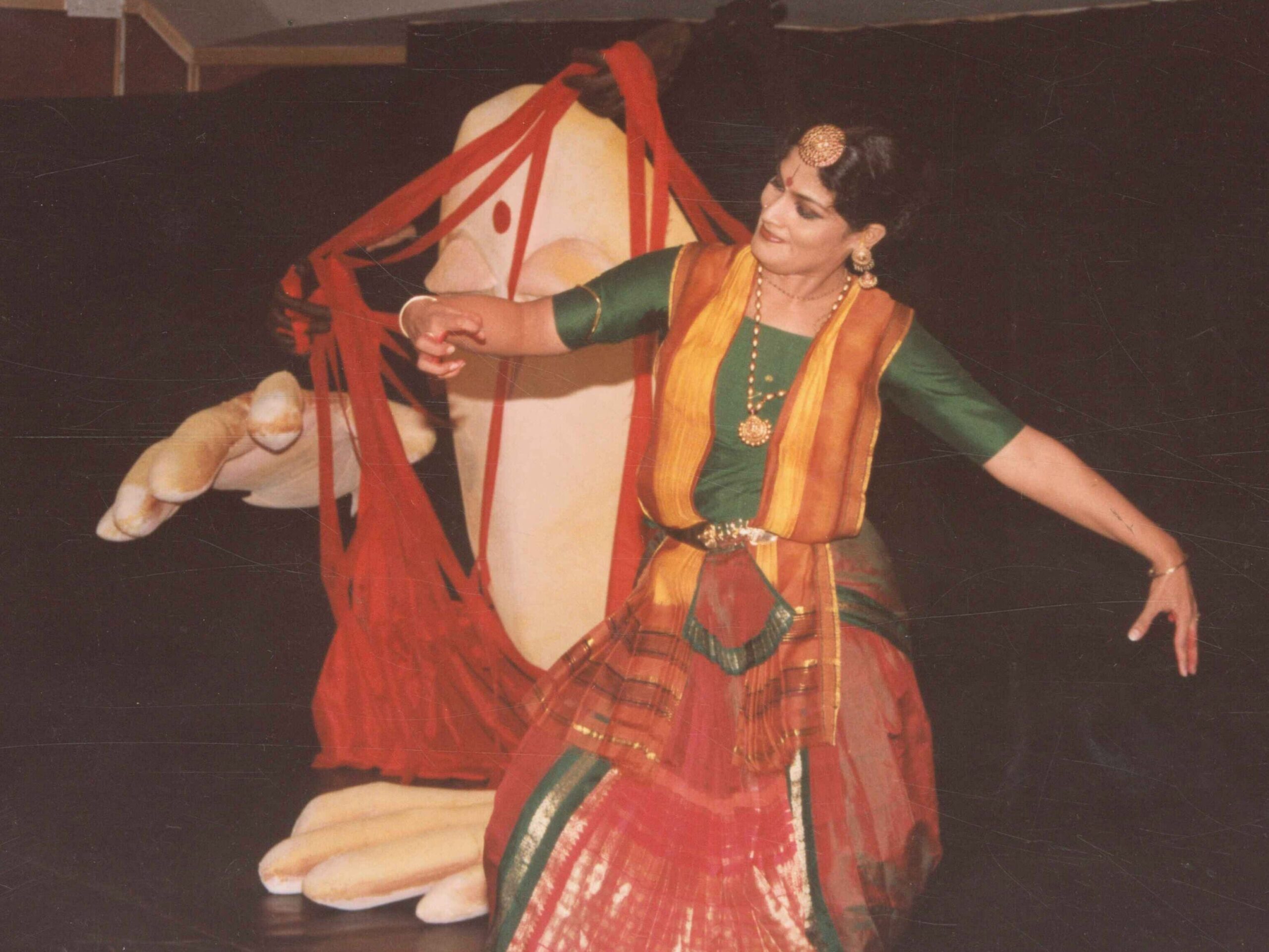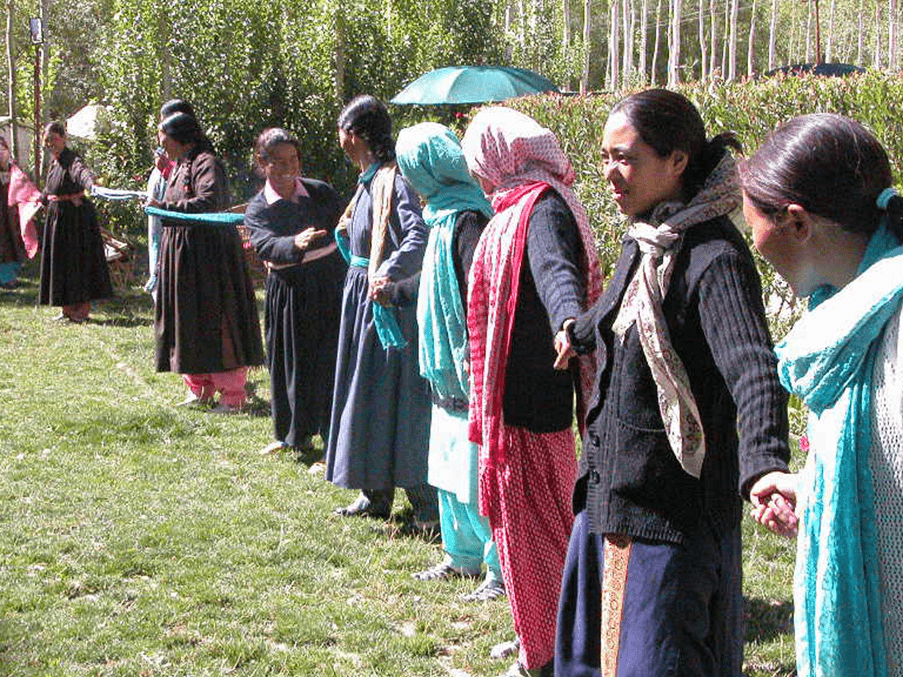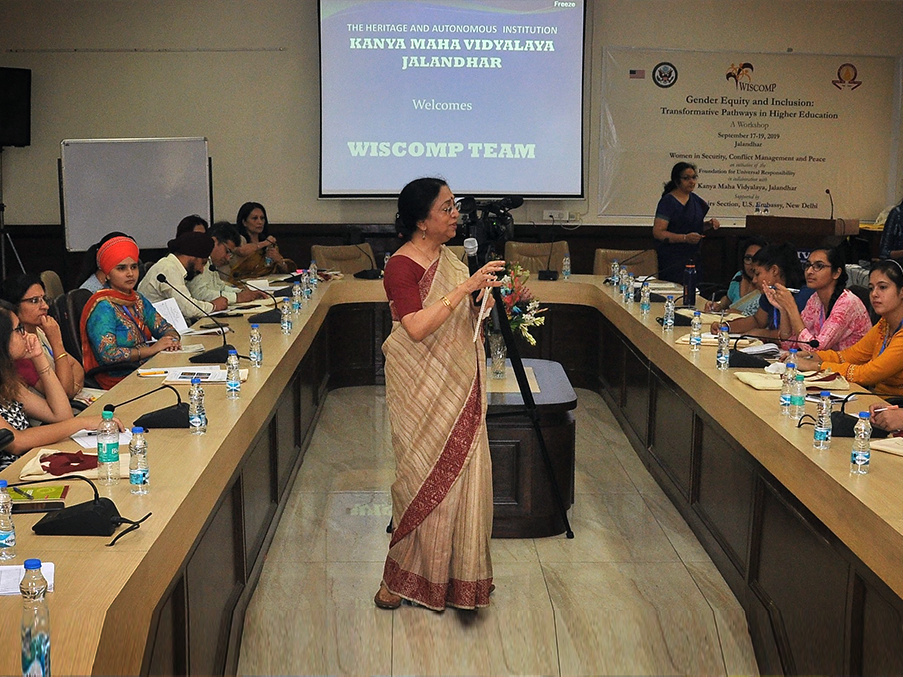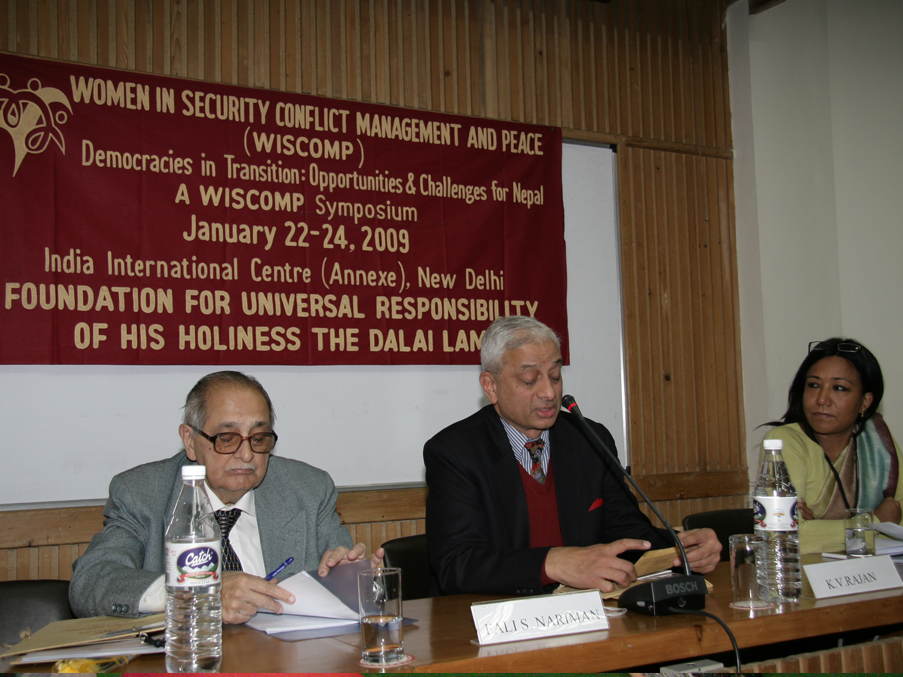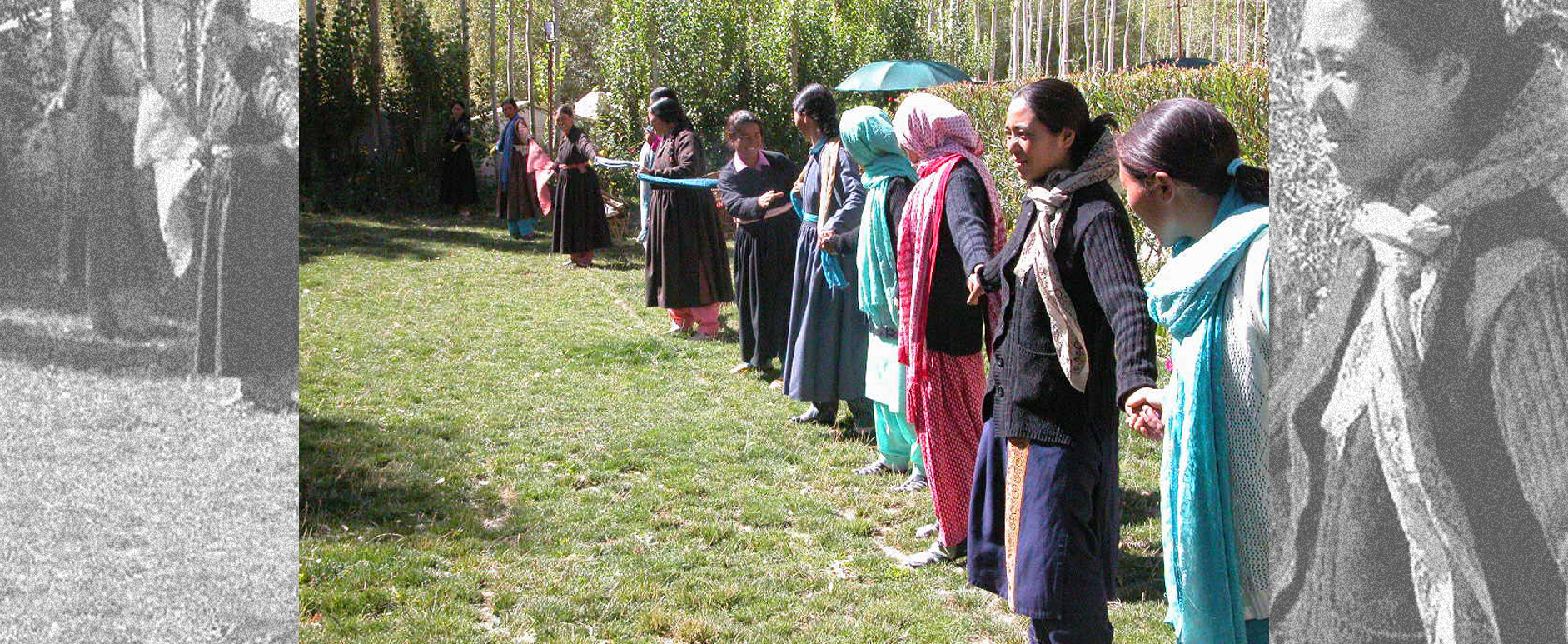
WISCOMP’s multi-track peace initiatives, both within and between the countries and diverse societies of the South Asian region, include facilitating Women and Youth-led dialogue groups, safe spaces for reconciliation across age groups, rebuilding trust and relationships of coexistence between divided communities, and convening academics, practitioners, policy makers, peace negotiators and media persons in non-hierarchical spaces of dialogue, advocacy and knowledge-sharing.
The safe spaces that WISCOMP facilitates for cross-regional dialogue and capacity building workshops provide a context for ‘listening’ and development of peacebuilding skills among youth, educators, civil society actors and policymakers with the embedded goal of gradual relationship and trust building. It nurtures cross-border professional partnerships, mentoring relationships and a network of peace animators who contribute to peacebuilding in the South Asian region.
Programs
South Asia Conflict Transformation Program
The flagship Conflict Transformation Program ran for over a decade as a sustained annual face-to-face convening of youth leaders from India and Pakistan from 2001-2012 to nurture youth capacities for long-term peace and security in South Asia. The success of the Annual Conflict Transformation Workshops as a model for dialogue, relationship and capacity building has led to its replication by several organizations in the region.
Athwaas
Athwaas (hand shake or greeting in Kashmiri), started in 2001, was the first sustained initiative to bring together Muslim, Kashmiri Pandit, Sikh and Ladakhi Buddhist women from across the state of Jammu and Kashmir to rebuild relationships across faultlines of region, religion and political ideology. It sought to substitute the vocabulary of violence, victimhood and alienation that dominated social and political discourse with one of reconciliation, active coexistence and just peace.
Hum Kadam
The Hum Kadam Program started in 2012 to initiate inter-regional dialogue and capacity building in conflict transformation for students and educators by establishing partnerships between schools, colleges and universities in Kashmir and other parts of India. The Program has built cross-regional Youth Networks for Peace that have in turn led several collaborative initiatives towards building cultures of peace, inclusivity and coexistence.
Building Constituencies of Peace
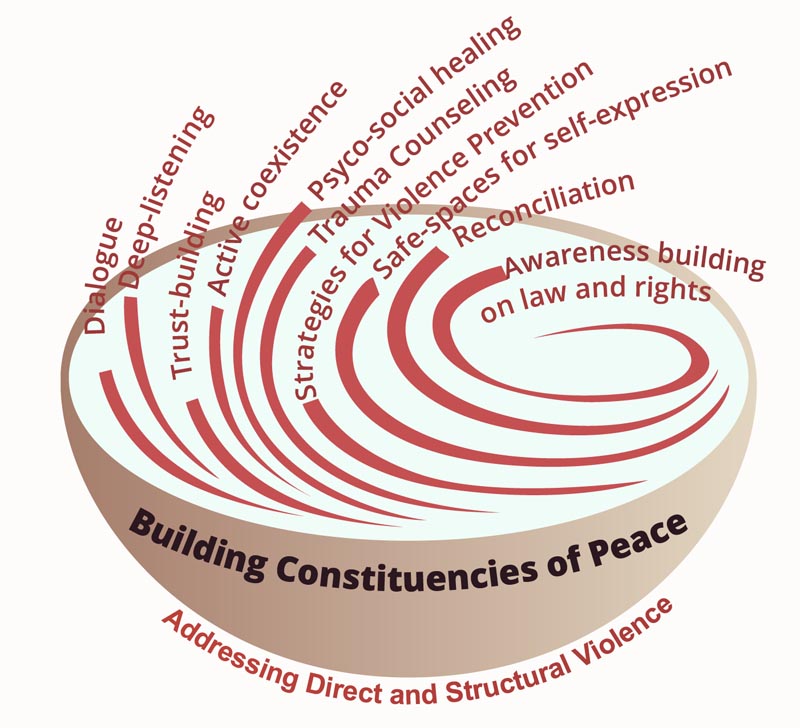
In areas of protracted conflict, WISCOMP works to
- Facilitate dialogue groups
- Create safe spaces for reconciliation
- Rebuild trust between communities
- Trauma-healing of survivors
- Knowledge-sharing between women from diverse conflict contexts
- Advocacy for institutional reform
- Research on structural causes of conflict
Highlights
Transcending Borders and Boundaries
- Women-led unique models of reconciliation called Samanbals (safe meeting space in Kashmiri) were established across J&K to provide safe convening spaces for women and to link issues of daily existence, livelihood, health, and development with healing and reconciliation
- In the aftermath of the Kargil war and nuclear tests, 10 Annual Conflict Transformation workshops ran uninterrupted for a decade building cross-border professional partnerships between over 400 peace animators from India and Pakistan
- Channels of communication and trust building initiated between 1200 youth and educators from 35 educational institutions across Kashmir and other parts of India
- Several alumni of the Conflict Transformation workshops have started their own peacebuilding initiatives across South Asia

